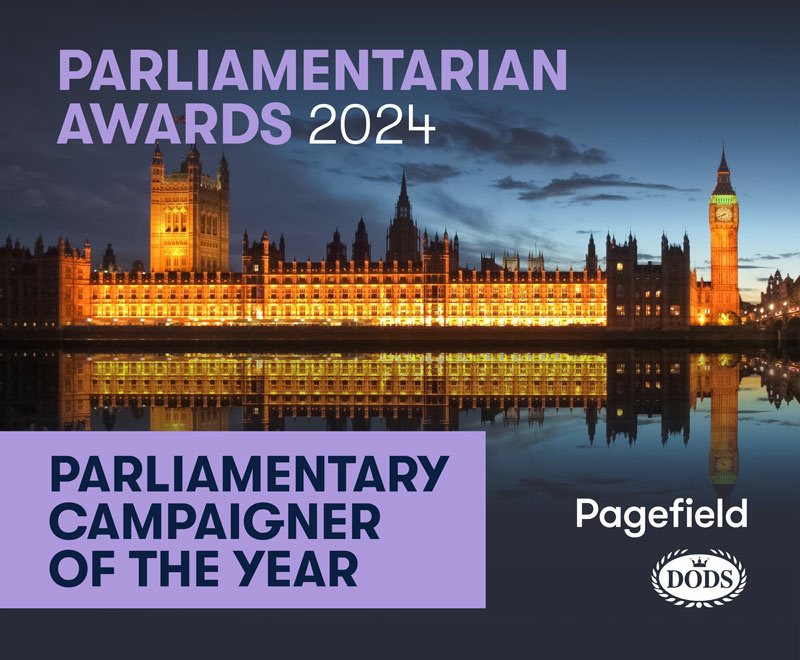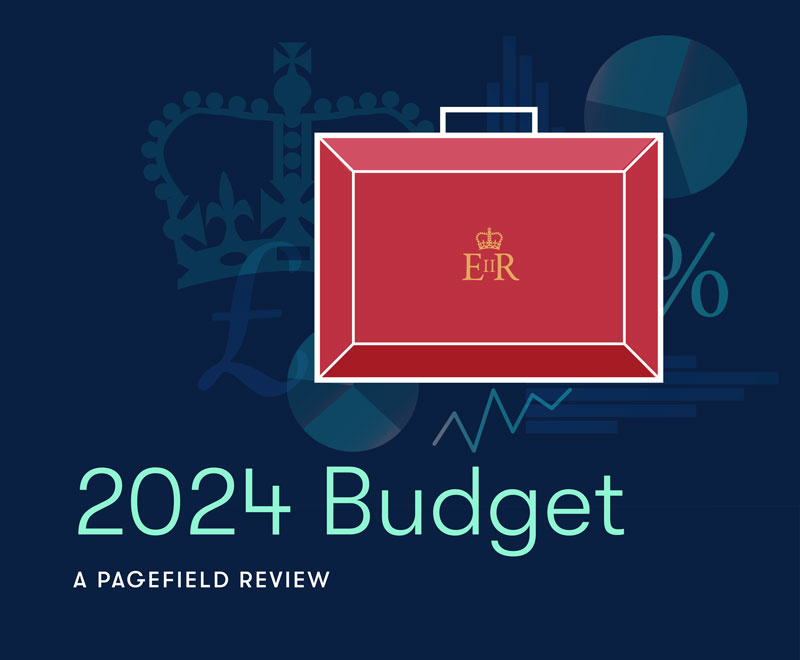Sam Oakley ponders whether the politics of Tony Blair and New Labour would still deliver a Westminster majority in the 2015 election.
There are two things that I’ve read in the last week that have really cut through amid the constant daily cycle of analysis and revisionist analysis that is being churned out across the political sphere. One was the absolutely fascinating Guardian long-read piece by Rafael Behr on the “The Making of Ed Miliband”, which brilliantly tracks the ideological consistency and political turmoil of the Miliband project. It notes that, as many commentators (including The Economist’s James Astill at a Pagefield event last week) have been crying out to apathetic voters, the lazy assumption that Ed Miliband doesn’t stand for anything is just plain wrong.
The other was a tweet from the Mail Online’s Tom McTague, which perfectly summed up the bizarre political situation that currently faces us:
Miliband to be PM even though he’s lost Scotland, failed to win over any 2010 Tories and shed votes to Greens/Ukip: http://t.co/6Xb8av5uAG
— Tom McTague (@TomMcTague) April 20, 2015
The reason these two things proved telling is that I have read them through the prism of my current reading material (yes, five years too late), Tony Blair’s memoirs. And it has got me thinking – would a Blair agenda be the solution to the political quandary and potential stalemate that the election looks likely to deliver? Would a politician who could delicately chart the path of balancing the interests of business and public services by putting the consumer first still be able to create a landslide today in the way that Blair did?
Of course, to get Labour in that position Blair had to fundamentally reform the Labour Party and create and deliver radical change to what he saw as an outmoded model. Miliband – as noted in the Behr article – is promising radical change of his own, but in the direct opposite trajectory of all that Blair did. It is no surprise that the only subject on which Blair could comfortably campaign for Miliband in his Sedgefield speech of a few weeks ago was the issue of the EU – one of their few points of agreement.
Miliband believes that the country’s political centre of gravity has fundamentally shifted to the left post-financial crisis, and it is on this notion that his entire political experiment rests, but we can already see that it won’t come close to delivering the result such a genuine shift would precipitate.
Blair believed that Britain is fundamentally small-c conservative, but that a coalition of the right interests could be built to develop a progressive agenda. He believed, and this is where he is so different to Miliband, that people want to be middle class and that only a small minority of working class are content in that cleavage. In the beginning of his book, Blair hammers the ‘intellectual left’ of the Labour Party, often very privileged, for being the major bulwark against electoral success for the Party throughout its history. You only have to read the opening few paragraphs of Behr’s piece to see that Miliband sees himself as the poster boy of the contemporary guise of that ‘intellectual’ movement
The Blair dogma of ‘what matters is what works’ could not be further from the hysteria that Andy Burnham et al are whipping up around ‘privatisation’ of the NHS and it demonstrates a fundamental disinterest in Labour courting the pragmatic centre voter that holds the key to delivering a parliamentary majority. The absence of that desire and the absence of a Blairite understanding of the politics of inequality, aspiration and opportunity, with instead a return to perhaps outdates ‘old Labour’ values – will have a measured impact on the electoral success of Labour at this election. On issues like tuition fees the chasm between Miliband and Blair is self-evident. Blair believed, quite simply that the consumer of that service should ultimately pay for its use and even if this was debt-fuelled, it was worth it for the delivery of a genuinely world-class service. Miliband believes, for reasons that have never been properly articulated, that more of that burden should be shouldered by the tax-payer, regardless of whether they are the consumer or not. It is something driven entirely by ideology.
It’s a sad state of play for many in Labour’s ranks. Yes, no one can necessarily have seen Scotland’s essential defection coming, but even with that in mind, a Blairite, consumer-driven agenda could genuinely have delivered them a Parliamentary majority this time. It is no surprise that the Conservatives have attempted to deliver something along those lines in their own manifesto. A plan for every stage of an individual’s life – for it to remain fundamentally individual but with the state’s help where necessary – seems to me to be fundamentally Blairite in its outlook. For the Conservatives and Cameron, through policies like freezing rail fares, state-funded rewards for savers and tweaks to the tax system – what matters is what works, but such is the toxicity of the brand to a substantial share of the public, what works might not matter, which was exactly what they found in 2010 and their inability to deliver a killer-blow to Gordon Brown.
It looks increasingly likely that our next Prime Minister will be Ed Miliband, with both Paddy Power and Ladbrokes switching their favourite yesterday, and he undeniably has more of a chance to build a working coalition than Cameron (again, a by-product of that toxicity), but he will be restricted in the delivery of his agenda in a way that Blair never was. Post-Blair, and despite public calls for ‘values’ in politicians, we do not live in a country where ideology wins elections (there’s a reason the Tories went for Cameron over Davis in 2005) and whilst Miliband should be admired for his ideological consistency, it will be something that ultimately proves his downfall – and has equally proved to be Cameron’s with many on the left criticising his ‘ideological’ welfare cuts and pro-business agenda.
With 2015 looking unlikely to produce an outright victor, what the established parties do next will be very interesting. My money is the victor of the 2020 election being necessarily charming and charismatic but not bound by internal anguish over policy direction, with the defining policy being ‘what matters is what works’. I’ll leave you to make up your own minds as to who might best fit that description…




